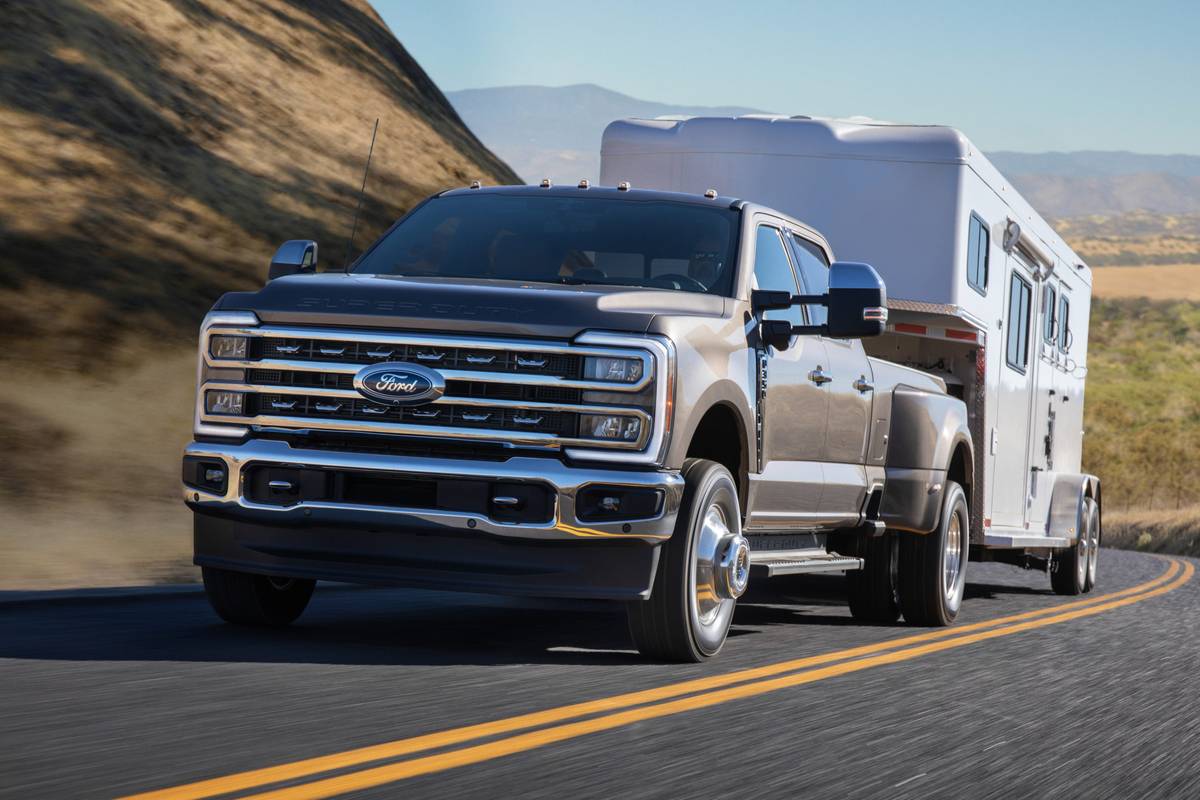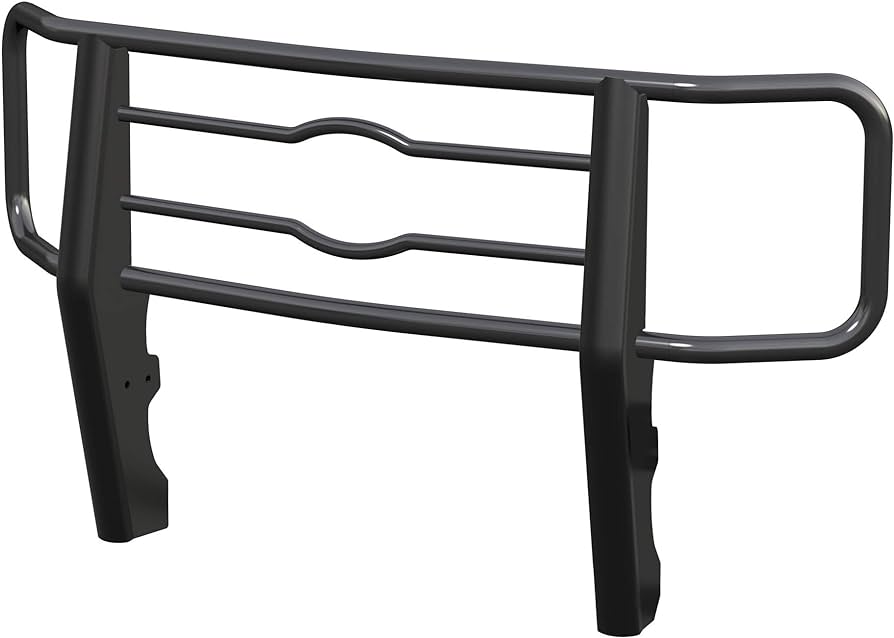The weight of a Chevy 350 engine is approximately 570 pounds. It is a popular choice for many vehicles.
The Chevy 350 engine, which weighs around 570 pounds, is a versatile and well-regarded powerplant used in numerous vehicles. Known for its durability and performance, it has been a staple in the automotive industry for decades. Whether it’s used in trucks, cars, or hot rods, the Chevy 350 remains a favorite among enthusiasts and builders.
Understanding its weight and characteristics can provide valuable insight for those considering it for their next project. We will explore the significance of the Chevy 350 engine’s weight and its impact on various vehicles and applications.
The Evolution Of Chevy 350
Chevy 350 has a rich history and an undeniable impact on the automotive industry. From its inception as a concept to its transformation into a game-changing engine, the Chevy 350 has continually evolved, setting new standards and fascinating car enthusiasts worldwide.
From Concept To Reality
In the early stages, the idea of the Chevy 350 was nothing more than a concept, a vision of an exceptional engine that could revolutionize the automotive landscape. Yet, with extensive research and development, this concept soon materialized into a powerful reality, reshaping the future of high-performance engines.
A Game-changer In The Automotive Industry
The emergence of the Chevy 350 marked a pivotal moment in the automotive industry. Its innovative design and impressive capabilities quickly solidified its status as a game-changer, earning widespread acclaim for its reliability, efficiency, and enduring performance.

Credit: www.bachmansubaru.net
Unleashing The Power
The Chevy 350 engine is a powerhouse of performance, known for its robust build and power-packed performance. Unleashing the true power of the Chevy 350 engine requires a deep dive into its cubic inches, the muscle behind the engine, and tapping into the torque.
Unveiling The Cubic Inches
The Chevy 350 engine is renowned for its 350 cubic inches of displacement, which translates to exceptional power and torque. With a compact design and a high power-to-weight ratio, the 350 cubic inches deliver a punch that surpasses its size, making it a popular choice among hot rodders and performance enthusiasts.
The Muscle Behind The Engine
At the heart of the Chevy 350 engine lies a strong and durable construction, featuring a cast-iron block and cylinder heads. This robust build not only ensures reliability and longevity but also provides a sturdy foundation for handling increased horsepower and torque for those seeking an adrenaline-fueled driving experience.
Tapping Into The Torque
The Chevy 350 engine’s torque prowess is a testament to its performance pedigree. With ample low-end torque and a broad power band, the 350 engine delivers strong acceleration and formidable pulling power, making it ideal for a wide range of applications, from street performance to towing heavy loads.
The Featherweight Champion
When it comes to power and performance, few engines can rival the Chevy 350. But what truly sets it apart from the competition is its remarkable lightweight construction. In this article, we’ll delve into the weight reduction strategies employed by the Chevy 350 engine, highlighting the advantages of utilizing aluminum and cast iron components.
Exploring The Engine’s Weight Reduction Strategies
Weight reduction is a key factor in improving overall performance. Every pound shed from a vehicle’s engine translates into increased speed, better fuel efficiency, and enhanced handling. The Chevy 350 engine has been carefully engineered to shed unnecessary weight, forging the path to become the undisputed featherweight champion of the automotive world.
Aluminum Vs Cast Iron Components
One of the most significant weight reduction strategies employed in the Chevy 350 engine is the use of lightweight aluminum components. Aluminum offers remarkable strength while weighing significantly less than traditional cast iron. By utilizing aluminum for components such as the block and cylinder heads, the Chevy 350 engine achieves a considerable reduction in weight without sacrificing overall durability.
In addition to its weight advantages, aluminum also dissipates heat more efficiently than cast iron, resulting in improved engine cooling. This not only enhances performance but also contributes to the engine’s longevity.
While aluminum components play a crucial role in weight reduction, cast iron remains a vital part of the Chevy 350’s construction. Certain components, such as the crankshaft and connecting rods, require the superior strength and rigidity of cast iron to withstand the intense pressures and forces generated by the engine’s operation.
| Component | Material | Advantages |
|---|---|---|
| Block | Aluminum | Lightweight, efficient heat dissipation |
| Cylinder Heads | Aluminum | Reduced weight, improved cooling |
| Crankshaft | Cast Iron | Superior strength, durability |
| Connecting Rods | Cast Iron | High resistance to pressure and forces |
By carefully selecting the right combination of aluminum and cast iron components, the Chevy 350 engine achieves the optimum balance between weight reduction and durability, delivering outstanding performance without compromising on reliability.

Credit: www.amazon.com
Applications Across The Board
When it comes to versatile and powerful engines, the Chevy 350 is one of the most popular choices among car enthusiasts and builders. Its lightweight design and impressive performance make it a favored option for a wide range of applications. From performance street cars to muscle and sports cars, and even off-road and truck applications, the Chevy 350 engine proves its worth in various settings.
Performance Street Cars:
The Chevy 350 engine is a go-to option for those looking to amp up the performance of their street cars. With its impressive power and torque capabilities, it delivers the speed and reliability needed to dominate the streets. Whether you’re looking to upgrade your classic car or boost the power of your modern vehicle, the Chevy 350 engine provides the perfect balance of performance and efficiency.
Muscle And Sports Cars:
When it comes to muscle and sports cars, performance is paramount. The Chevy 350 engine delivers exceptional power and acceleration, making it a popular choice for these high-performance vehicles. Its compact size and lightweight construction allow for better weight distribution, resulting in enhanced handling and agility on the road or track. Whether you’re a seasoned racer or simply seeking an exhilarating driving experience, the Chevy 350 engine won’t disappoint.
Off-road And Truck Applications:
The ruggedness and reliability of the Chevy 350 engine also make it ideal for off-road and truck applications. Whether you’re tackling rough terrains or hauling heavy loads, this engine has the power and durability to get the job done. Its strong torque output ensures incredible pulling capabilities, while its robust construction withstands the demands of off-road adventures. From trailblazing off-roaders to heavy-duty trucks, the Chevy 350 engine stands tall against the toughest challenges.
The Future Of Chevy 350
The future of Chevy 350 is an exciting and innovative one. As one of Chevrolet’s most iconic and trusted engines, the Chevy 350 has a long-standing reputation of power and reliability. But what does the future hold for this legendary engine? In this blog post, we will explore the continued innovation and upgrades, as well as how Chevy 350 is adapting to electric and hybrid technologies to stay relevant in the ever-evolving automotive industry.
Continued Innovation And Upgrades
Chevy 350 has always been at the forefront of innovation, and the future is no different. With advancements in technology and engineering, Chevrolet continues to find new ways to improve the performance and efficiency of the beloved Chevy 350. Ongoing research and development efforts ensure that this engine remains a top choice for car enthusiasts and professionals alike.
From upgraded engine components to enhanced fuel injection systems, Chevy 350 is constantly evolving to meet the demands of today’s drivers. These innovations not only result in improved power and torque but also contribute to better fuel economy and reduced emissions. Whether it’s optimizing the combustion process or fine-tuning the engine’s calibration, Chevy engineers are dedicated to pushing the boundaries of performance and efficiency.
Moreover, Chevy 350 is continually undergoing upgrades to incorporate the latest technologies and features. From advanced diagnostics systems to integrated connectivity options, Chevy is committed to providing a seamless driving experience without compromising the engine’s legendary performance. With each upgrade, the Chevy 350 becomes more sophisticated and user-friendly, ensuring that it stays ahead of the competition and remains a timeless classic.
Adapting To Electric And Hybrid Technologies
As the automotive industry shifts towards a greener future, Chevy 350 is not afraid to embrace change. Recognizing the growing importance of electric and hybrid technologies, Chevy has been actively exploring ways to integrate these advancements into the Chevy 350 engine lineup. By adapting to these emerging trends, Chevy ensures that this iconic engine remains relevant and sustainable for years to come.
While maintaining the core characteristics of the Chevy 350, such as power and performance, Chevrolet is actively working on hybrid and electric variants of this engine. The future might see Chevy 350 hybrid engines that combine internal combustion with electric power for enhanced efficiency and reduced environmental impact, without compromising on the iconic Chevy 350 experience. The seamless integration of electric and hybrid technologies will open up new possibilities for the future of Chevy 350, making it an appealing choice for drivers seeking both power and sustainability.
In conclusion, the future of Chevy 350 is bright and full of exciting possibilities. Continued innovation and upgrades, along with adaptation to electric and hybrid technologies, ensure that the Chevy 350 remains a powerhouse in the automotive industry. As Chevrolet continues to push the boundaries of performance, efficiency, and sustainability, the legendary Chevy 350 engine will be ready to conquer the roads of tomorrow.

Credit: www.cars.com
Frequently Asked Questions Of Chevy 350 Weight
How Much Does A Chevy 350 Engine Weigh?
The weight of a Chevy 350 engine typically ranges between 575 and 650 pounds. However, the exact weight may vary depending on factors such as additional accessories, modifications, and the specific model and year of the engine.
Is A Chevy 350 Heavy?
Compared to some other engines, the Chevy 350 engine can be considered moderately heavy. With an average weight of around 600 pounds, it is relatively heavier than smaller engines but lighter than some larger V8 engines.
Why Is The Weight Of A Chevy 350 Important?
The weight of a Chevy 350 engine is important to consider, especially for vehicle performance and handling. A heavier engine can affect factors like fuel efficiency, acceleration, braking, and overall vehicle balance. It’s crucial to match the engine weight to the vehicle’s weight limit and desired performance.
Conclusion
To sum up, understanding the weight of the Chevy 350 engine is crucial for a variety of reasons. Whether you’re considering it for a vehicle or need to transport it, this information can guide your decision-making process. Knowing the weight can help ensure the engine’s compatibility with your vehicle and facilitate safe transportation.
So, make sure you have accurate information regarding the weight of the Chevy 350 and take the necessary precautions for a smooth experience.

